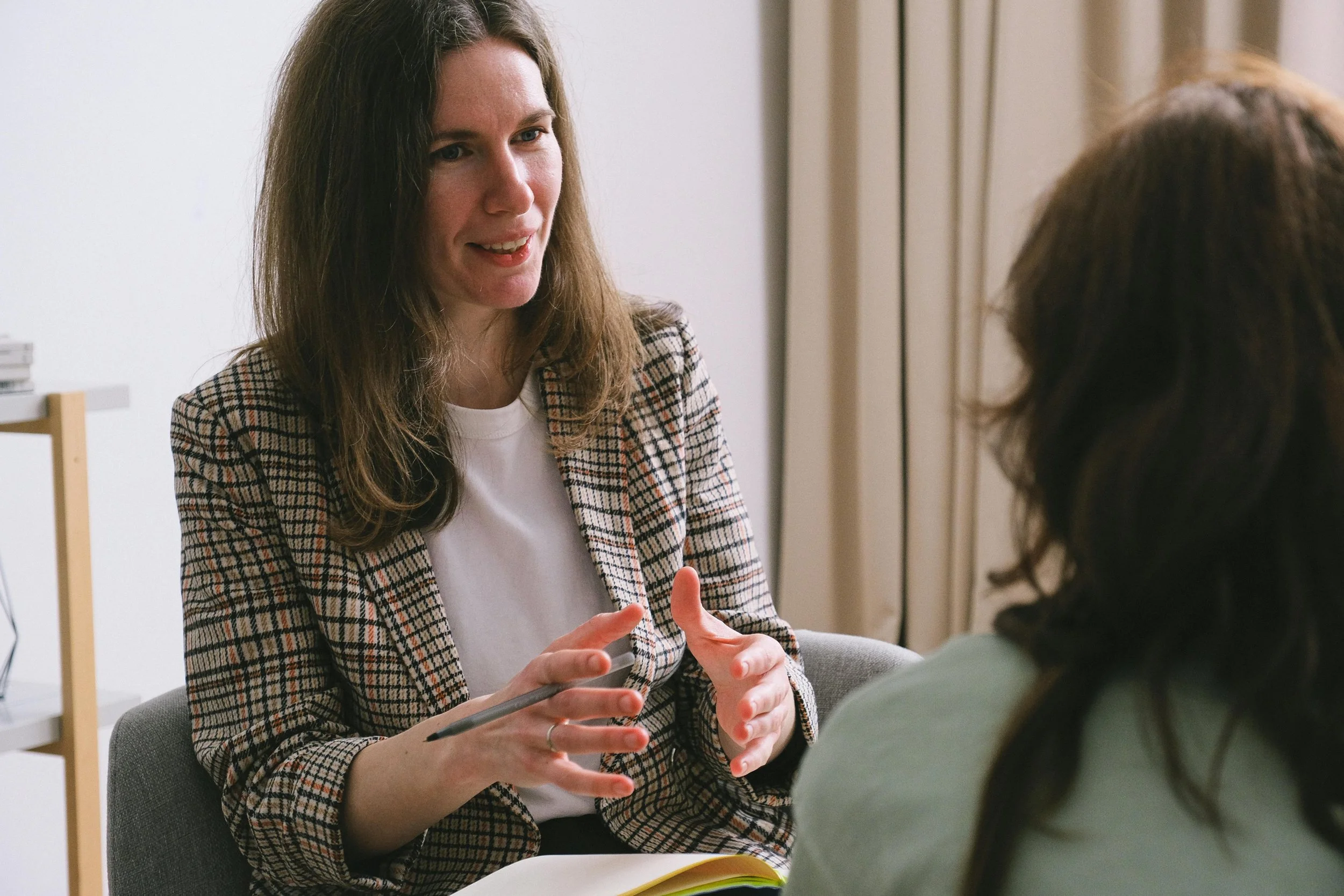Professional Advisor Newsletter

Your 2026 charitable checklist, keep going with donor-advised funds, and a QCD case study
Your 2026 charitable checklist, keep going with donor-advised funds, and a QCD case study

Last Call for Tax Planning, Locking In Clients Across Generations, and Planning for Incapacity
Last Call for Tax Planning, Locking In Clients Across Generations, and Planning for Incapacity




Charitable giving strategies under the OBBBA, clients who prefer anonymity, and gifts of artwork
The new One Big Beautiful Bill Act brings both challenges and opportunities for charitable giving. In this issue, we explore timing strategies for 2025 gifts, including bunching contributions before new limits arrive in 2026. We also look at how to recognize when clients may prefer anonymity in their philanthropy and outline key tax considerations for giving artwork. No matter the approach, the Morton Community Foundation is here to help you guide your clients toward high-impact, tax-smart giving.

A conversation-starting case study, what clients are thinking, and the latest tax updates impacting charitable giving
From case studies to client insights and tax updates, this issue offers tools to help you bring charitable giving into the conversation with your clients. Learn how one example shows the tax-smart benefits of donating appreciated assets, explore what research reveals about clients’ motivations for giving, and get up to speed on new provisions in the One Big Beautiful Bill Act that could impact charitable planning. Whether you’re advising on retirement, estate planning, or philanthropy, the Morton Community Foundation is here to support your clients in making a lasting difference.

Pending tax legislation, gifts of business interests, and steps to transfer a donor-advised fund
With tax reform on the horizon, now is the time to explore charitable strategies that work in any environment. In this issue, we break down key provisions in pending legislation and what they could mean for your clients’ estate, income tax, and philanthropic plans. You’ll also learn why donating closely-held business interests to a fund at the Morton Community Foundation can be a more tax-efficient choice than using a private foundation, and how easy it is to transfer an existing donor-advised fund from a national provider to MCF. Our team is here to help you and your clients navigate change while making a meaningful impact.
